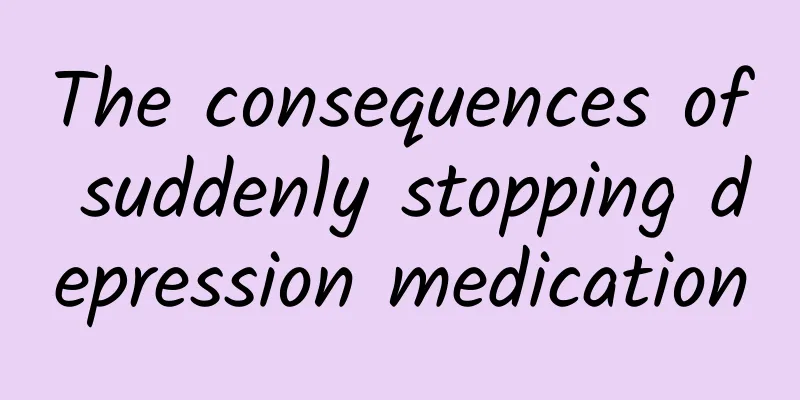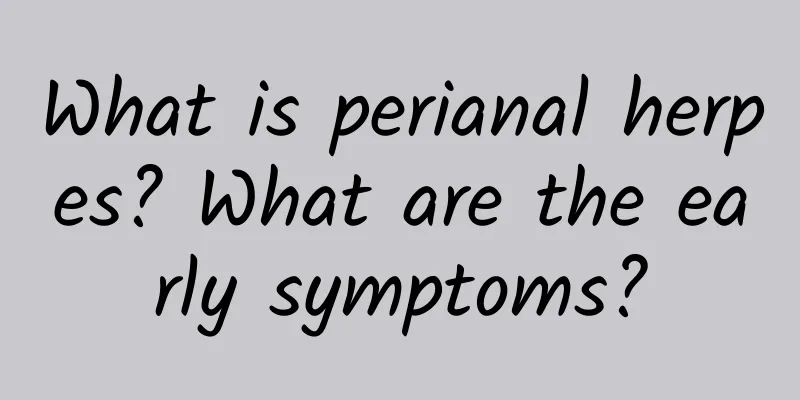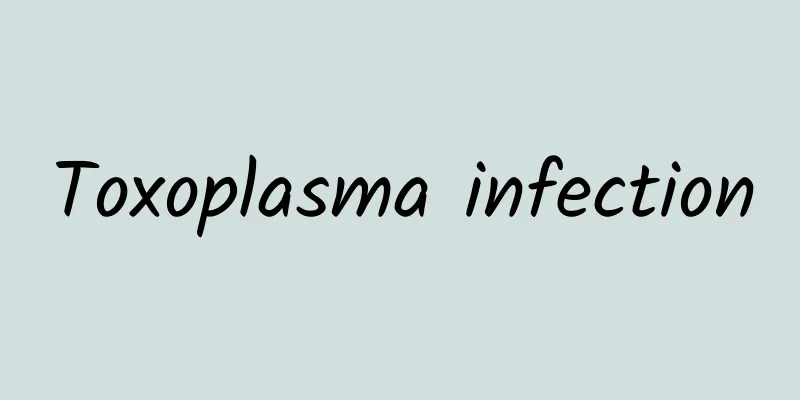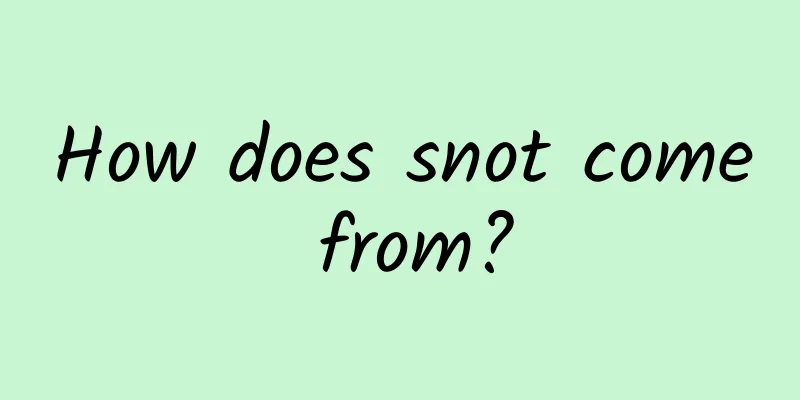The consequences of suddenly stopping depression medication

|
Depression is a relatively common mental illness. It takes a relatively long time for patients with depression to take medication, and some patients even need lifelong medication. If patients with depression suddenly stop taking medication, it often causes relatively large side effects, which may lead to some adverse mental and emotional reactions. For patients with depression, medication cannot be stopped suddenly. The consequences of suddenly stopping depression medication Reactions after stopping depression medication Antidepressants are not addictive; however, stopping such drugs may indeed cause a series of withdrawal reactions. Common symptoms include dizziness, impaired balance, headache, nausea, insomnia, vivid dreams, etc. Some patients may also experience numbness, electric shock, personality disintegration and irritability, and even visual and auditory hallucinations. 53 antidepressant discontinuation symptoms were identified, the most common of which was dizziness; other researchers divided the main SSRI discontinuation reactions into six categories, namely sensory symptoms, balance disorders, general somatic symptoms, emotional symptoms, gastrointestinal symptoms and sleep disorders. Antidepressant withdrawal symptoms may last for 1-2 weeks and are usually mild, but can also be severe. It is generally believed that this phenomenon is related to the elimination half-life of antidepressants: drugs with a short half-life are more likely to occur.Discontinuation reactions not only cause discomfort to patients, but may also be mistaken for a relapse of the disease, a physical illness, or the side effects of a new antidepressant, thereby interfering with treatment. Among them, expectant mothers, newborns and the elderly need special attention. Pharmacological characteristics of antidepressants Understanding the pharmacology of different antidepressants can help explain discontinuation symptoms. Studies have shown that the speed of discontinuation and the duration of treatment are key factors in predicting the discontinuation response of antidepressants. For SSRIs, the decrease in 5-HT energy caused by abrupt discontinuation of the drug can lead to discontinuation symptoms, and the NE and DA systems may also be involved. In addition, some new antidepressants, such as melatonin MT1/2 receptor agonists and 5-HT receptor antagonists agomelatine, although their half-lives are also relatively short, basically do not cause withdrawal reactions. This phenomenon is also worth exploring. The biological mechanism of antidepressant withdrawal reactions is still controversial; the current basic consensus is that any antidepressant may cause withdrawal symptoms, which are more common with TCAs, MAOIs and SSRIs, especially those with higher potency and shorter half-life, such as paroxetine in SSRIs and venlafaxine in SNRIs. |
<<: Dry pain behind the nose and upper throat
>>: Consequences of sudden discontinuation of methylprednisolone
Recommend
Can dandelion cure hepatitis?
Dandelion, also known as "dandelion", i...
Causes of convulsions
Convulsions, also known as cramps in daily life, ...
Baby's eyes are red
Red blood streaks may be caused by fatigue. You c...
If you suffer from anorexia and want to lose weight, you will regret it if you don’t pay attention to these consequences!
Many people simply think that if they suffer from...
The efficacy and function of white face wind root
The effects and functions of white face wind root...
What causes coughing up blood, bloody stools, and vomiting blood?
Coughing up blood, blood in the stool, and vomiti...
How does Traditional Chinese Medicine treat purpura?
Purpura is a relatively common skin disease that ...
Can I exercise if I have hemorrhoids?
Hemorrhoids are a relatively common disease, main...
What is the reason for acne on both sides of the face and chin
Many people get acne on their chin when they get a...
What is the best way to treat snoring?
Many people always encounter the problem of snori...
What causes pain in the middle of the foot?
Sometimes, when we walk, we find pain in the midd...
How to treat neuralgia? Self-massage is important
Neuralgia is a functional neurological headache, ...
What are the ingredients of isinglass? What are the benefits of fish maw?
Maybe many friends still don’t know what is ising...
Can scars be removed?
Many people are troubled by ugly scars, because s...
Can I eat beef if I have a toothache?
When toothache occurs, it is necessary to seek ti...









